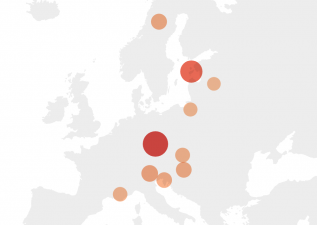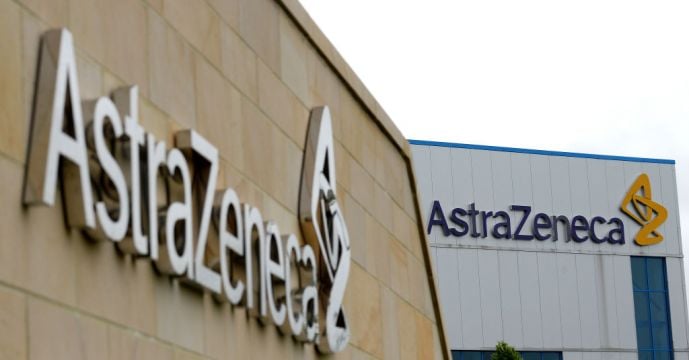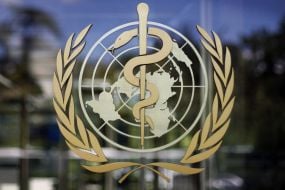The European Medicines Agency (EMA) has said there was no evidence so far linking AstraZeneca's Covid-19 vaccine to illnesses in two people who received it in Austria, one of whom died 10 days after being inoculated.
The Austrian national health authority suspended the use of a batch of the vaccine after a person who was vaccinated was diagnosed with multiple thrombosis and later died, and another was hospitalised with pulmonary embolism.
"There is currently no indication that vaccination has caused these conditions, which are not listed as side effects with this vaccine," the EMA said in a statement today.
"Although a quality defect is considered unlikely at this stage, the batch quality is being investigated."
Austria said on Sunday it was suspending inoculations with the batch as a precaution. The batch was sent to 17 EU countries in total and comprised 1 million doses of the AstraZeneca vaccine.
Rigorous quality controls
The Anglo-Swedish company has said all batches are subject to strict and rigorous quality controls and that there have been "no confirmed serious adverse events associated with the vaccine".

It said it was in contact with Austrian authorities and would fully support the investigation.
The EU regulator said the number of thromboembolic events - marked by the formation of blood clots in the body - in people who have received the AstraZeneca vaccine is no higher than that seen in the general population, with 22 cases of such events being reported among the 3 million people who have received it as of March 9th.
The EU approved AstraZeneca's shot at the end of January, saying it was effective and safe to use, while the World Health Organisation listed it for emergency use in mid-February.
Adverse reactions seen in trials were short-lived for the most part and blood-clotting problems were not reported.







